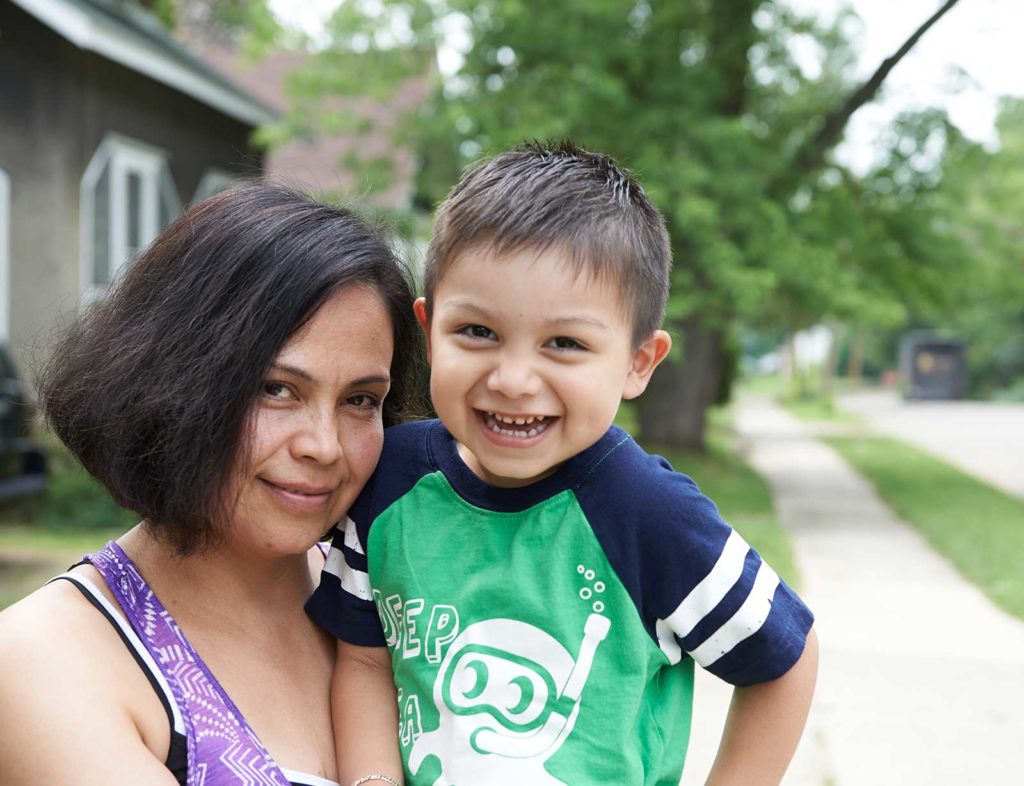Family-Centered Coaching is designed with a trauma-informed care lens to support families who have experienced or are experiencing trauma.
Trauma is often thought of as how an individual experiences the effects of a specific event or incident related to violence, abuse, neglect, war, or disaster. However, that definition fails to take into account the trauma experienced due to institutional racism and poverty.
The McSilver Institute for Poverty Policy and Research states that “the trauma of racism refers to the cumulative negative impact of racism on the lives of people of color. Encompassing the emotional, psychological, health, economic, and social effects of multigenerational and historical trauma. Trauma of racism relates to the damaging effects of ongoing societal and intra-social-group racial micro-aggressions, internalized racism, overt racist experiences, discrimination, and oppression within the lives of people of color.” (The McSilver Institute for Poverty Policy and Research, New York University Silver School of Social Work, 2015.)
The goal of the trauma-informed care approach is to ensure that service providers and organizations recognize and respond to the unique needs of trauma survivors. Practicing trauma-informed care does not imply that people are stuck or not resilient. Trauma-informed care recognizes that external, systemic forces are at play–things that are beyond a person’s control – and this is the context that coaches and organizations must recognize when partnering with families. We do not judge a child with cancer, or a soldier returning from war. They have experienced trauma that shapes their life experiences.
Trauma’s impact on family health and wellbeing:
| Impairment of memory, concentration, new learning, and focus. |
| Correlation to health issues, such as heart disease, obesity, addiction, and cancer. |
| Impacts on individual’s ability to trust, cope, and form healthy relationships. |
| Disruption of emotion identification, ability to self-soothe, or control expression of emotions; |
| Shaping of a person’s beliefs about self and others, including one’s ability to hope and one’s outlook on life. |
Trauma-Informed Care Principles
These five principles help create a trauma-informed environment and approach to working with families:
1. Safety: Create areas that are calm and comfortable
2. Choice: Provide participants with options
3. Empowerment: Notice and celebrate participant’s capabilities
4. Collaboration: Make decisions together
5. Trust: Provide clear and consistent information
These principles mirror and support those of Family-Centered Coaching. When you take action to help participants feel safe, valued, and in control you set the foundation for sustainable and impactful coaching relationships.
Resources on Trauma-Informed Care
Explore these free resources to put trauma-Informed Care into action:
- Michigan Department of Health and Human Services: Becoming Trauma Informed
- Trauma Informed Care Implementation Resource Center
The Prosperity Agenda provides these resources as the designated national administrator of Family-Centered Coaching.

